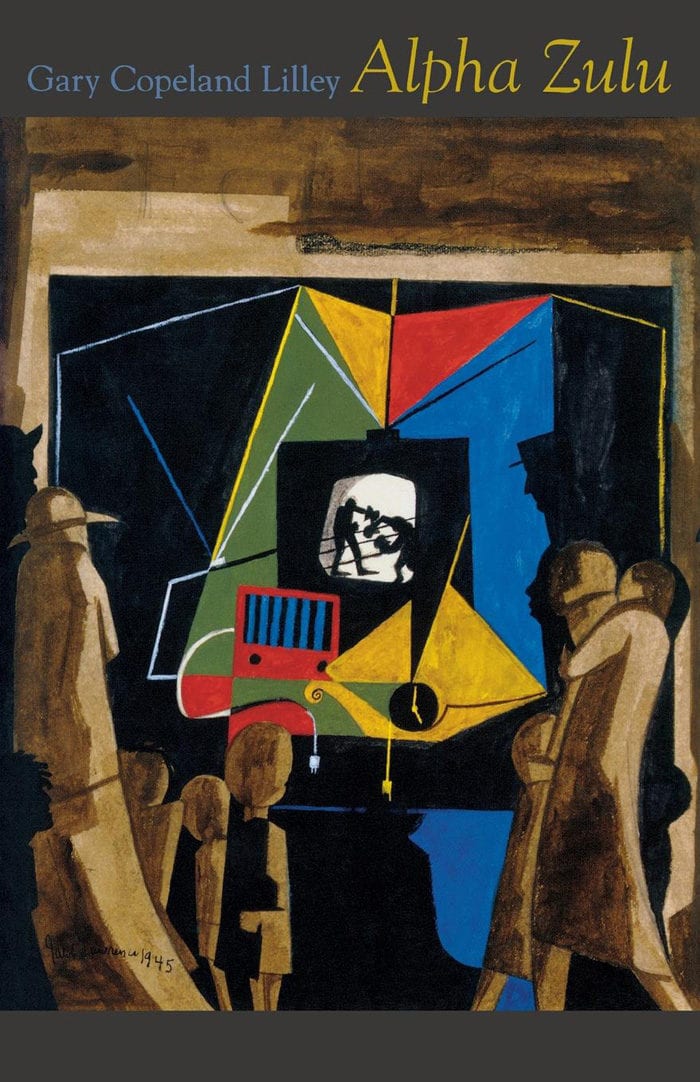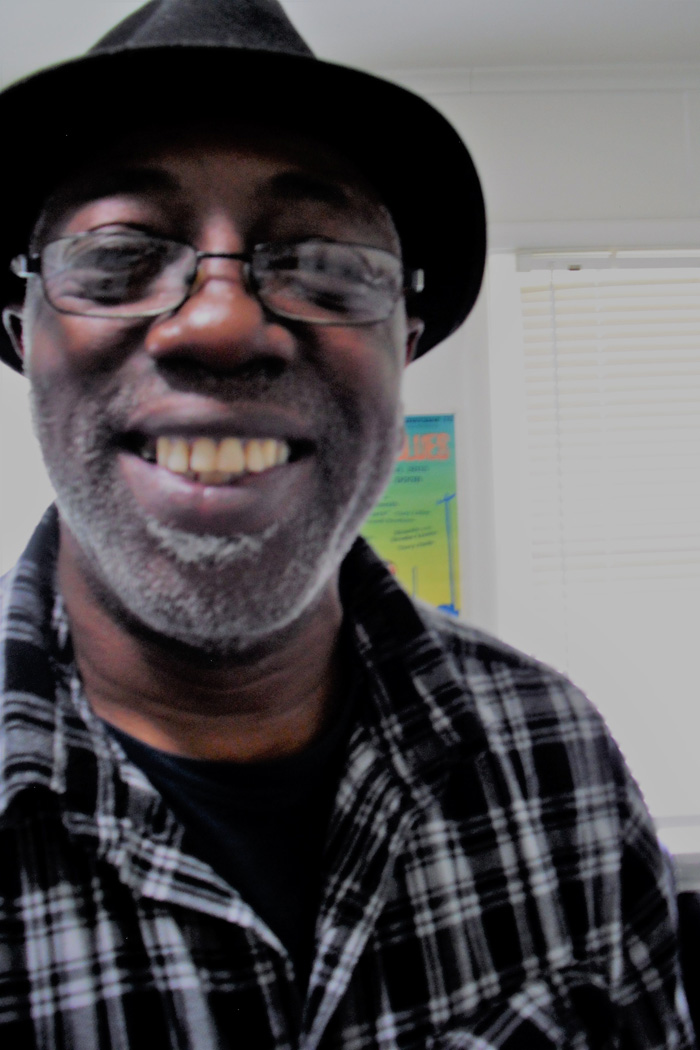
Alpha—the beginning; the first letter of the military alphabet; the highest rank in a dominance hierarchy; being the most prominent, talented, or aggressive person in a group. Zulu—tribe; a member of the Negroid people of eastern South Africa; a Social Aid and Pleasure Club in New Orleans; an adjective to describe the language, customs, etc., of the Zulu people. Alpha Zulu is a venture into African-American storytelling; it is a blurring of the secular and the sacred, the tavern and the church, the fall and the ascension of the individual, the beautiful and the terrible, and the humanity found in the twist of the street and the turn of the road.
ISBN: 9781931337380
Format: Paperback
Reviews
“Lilley’s power comes partly from his sound: syncopated, densely compacted, defiantly resigned… Lilley’s bleak humor, his specialty forms, even his touch of Gullah, are his own.” —The Believer
“This book does not merely point to, but is an actual manifestation of the blues; it does not merely gesture toward, but actually manifests a milieu… Lilley demonstrates particular mastery of a compact and self-sufficient form, where every fine enjambment is a well-greased gear, every pause a cog, every right word another screw helping to hold it all together.” —Harvard Review
“[Lilley’s] verse brings beauty to the almost-failed world it creates.” —Rain Taxi
“Now that I’ve read Alpha Zulu three times, I like it enough to know I’ll be reading it at least three more times… Alpha and Zulu are the beginning and ending characters of the military and police verbal symbols to express the alphabet as certainly as possible in confused communication situations. And that is what a decent poem often does: takes us into confusion and calmly lays out the bones, the lines, the certainties.” —Beth Kannel, Kingdom Books Blog
